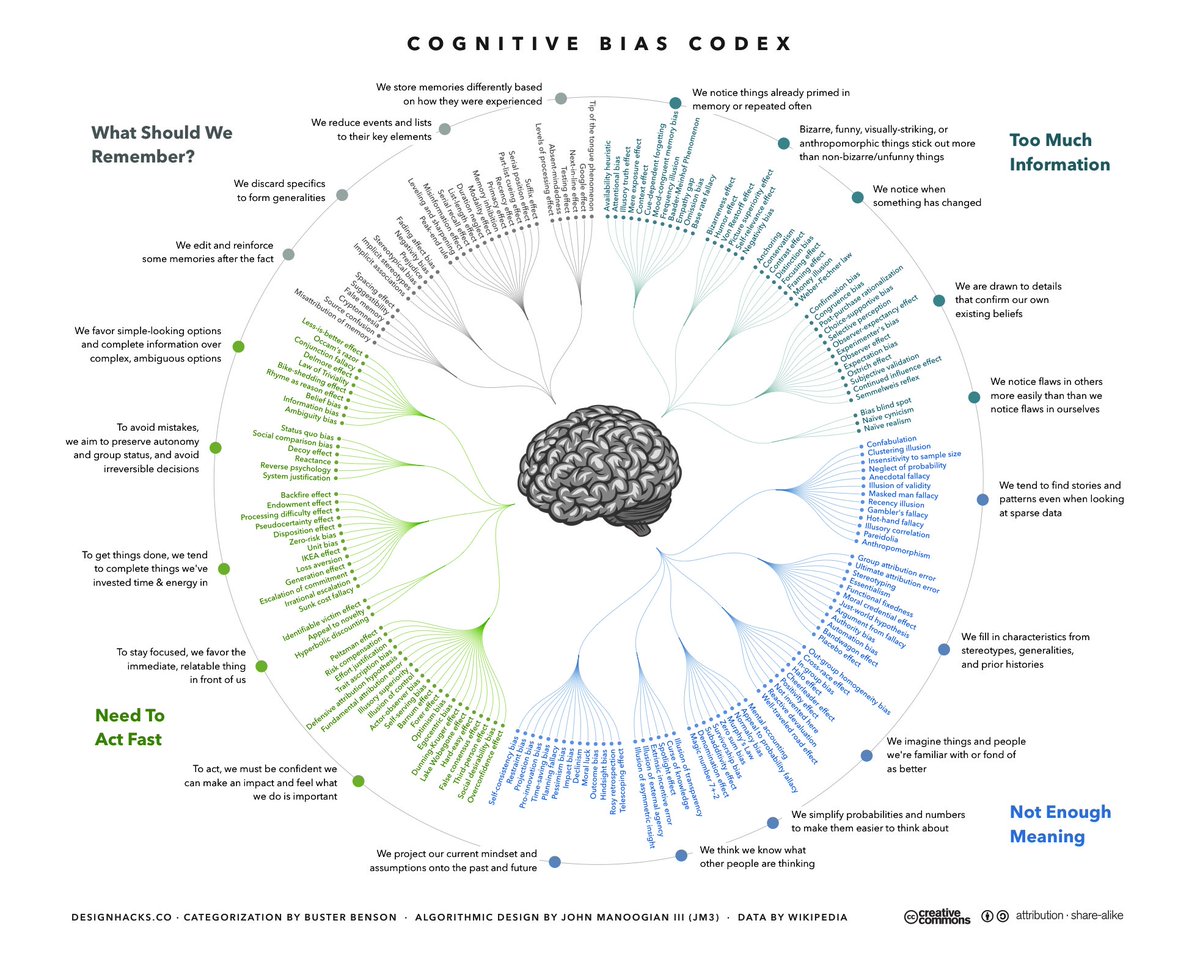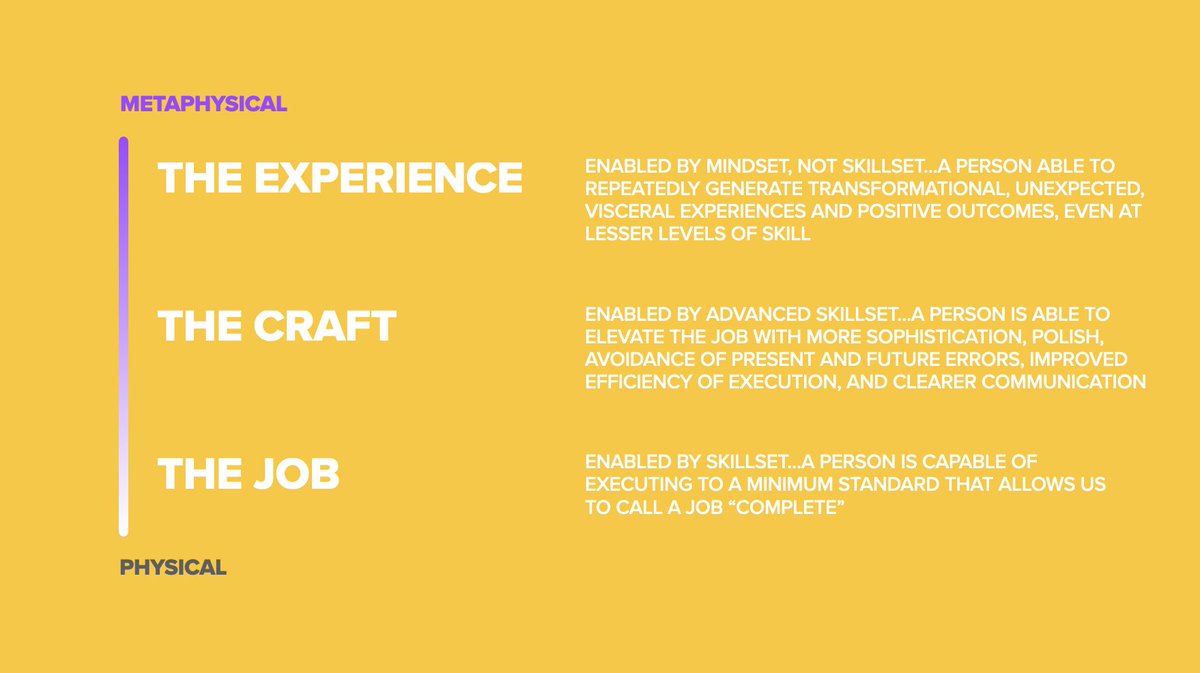
4x founder with exits to Adobe and PE. I study and share the science behind human and team performance.
3 subscribers
How to get URL link on X (Twitter) App


 Now, right off the bat, I have to say that this is my own theory and experience. Trying to help colleagues, superiors, reports, clients, and friends, I see a very clear pattern.
Now, right off the bat, I have to say that this is my own theory and experience. Trying to help colleagues, superiors, reports, clients, and friends, I see a very clear pattern.
 Fundamentally, performance is about the ability to achieve. It's hard to call a team high-performance if they can't reach goals.
Fundamentally, performance is about the ability to achieve. It's hard to call a team high-performance if they can't reach goals.
 Quick orientation to the tables:
Quick orientation to the tables:
 What should we remember?
What should we remember?https://twitter.com/mwiyas/status/1382073001320022020Interesting that so many metrics are lagging metrics (outcomes) rather than leading (inputs).

 The first thing we do is gain skill. We learn how to talk, write, do math, maybe write code, build, design, etc.
The first thing we do is gain skill. We learn how to talk, write, do math, maybe write code, build, design, etc.https://twitter.com/kvlly/status/1366038686085881856It’s called OVP for opportunity, voice, promotion.